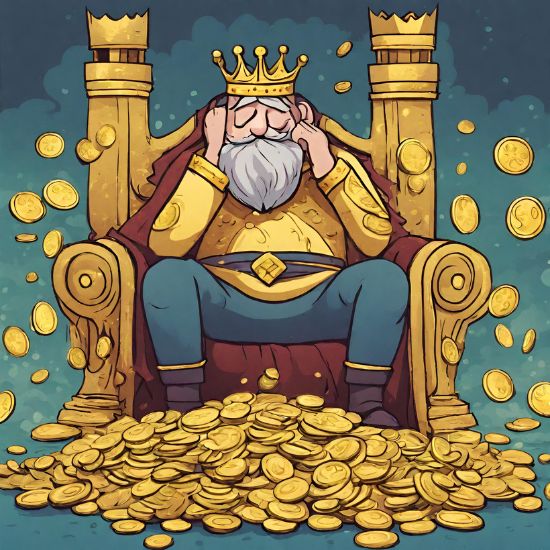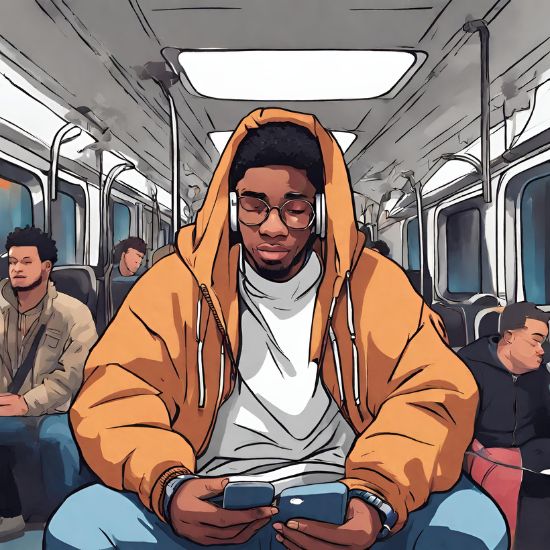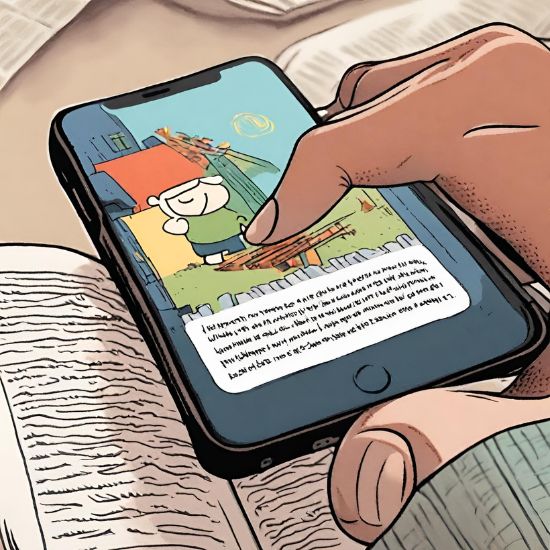Money can indeed bring happiness, but the connection between money and happiness is not an easy one.
Money can improve well-being by offering security, freedom, and control over one’s life.
Money buyers essentials such as:
food, shelter, and cloths.
Maximizing happiness with money might depend on how it’s used.
Spending money on experiences, assisting others, building relationships, and buying time can greatly enhance mental well-being.
Additionally, focusing spending on personal growth, relationships, and making a positive impact tends to result in greater happiness compared to prioritizing wealth or social status.
Wealthy nations or wealthy individuals?
Richard Easterlin suggested that while wealthier societies, as a group, may not be happier than poorer ones, within each country, richer individuals tend to be happier than poorer ones.
He explained this by saying that people compare their economic status to that of others around them, their neighbors.
If you don’t see or feel someone else’s wealth, you won’t feel envious towards them.
You don’t feel special when you’re a rich person among the rich.
What does money do for us?
Money serves as a medium of exchange, enabling people to buy and sell goods and services from each other.
To understand its key role, consider what would happen without money.
Without money, we would rely on a barter system for trade. Do you believe that in such a system, distinctions between rich and poor individuals would not exist?
Certainly, they would.
It’s natural.
Those with fewer resources would likely be considered poorer.
Individuals possessing intelligence, power, or engaging in criminal activities might still amass wealth far beyond the norm, albeit without a standardized unit of money for measurement.
The point is simple.
In any societal system, distinctions between rich and poor individuals will likely exist, regardless of the overall structure.
Economic disparities often arise due to various factors such as access to resources, opportunities, ambition, and socioeconomic policies.
Money gives us happiness? Depends on how we spend it
Giving money to others can make people feel happier than spending it on themselves.
Studies say that being generous makes people happier, but using money on themselves doesn’t do the same.
Doing little nice things for others, like giving presents or helping charities, can make people feel happy for a long time.
It’s not how much money people get, but how much they spend on others that affect their happiness.
If we encourage people to give regularly, it could make them happier in the long run.
Considering the huge money inequality, just “giving more” would be a win-win strategy.
To the “sad” rich in terms of happiness.
To the “sad” poor in terms of money.
Can money buy health?
Yes, money does buy health.
Money can help keep you healthy in some ways.
When you have more money, you can buy things that make you healthier, like better food and healthcare.
But having money also brings responsibilities, and that may unbalance again the equation.
This can lead to stress, pressure, and possibly health problems that someone with less money might not face.
However, it’s not a simple topic.
For example, a person with less money might get sick from worrying about making ends meet for themselves and their family, which could lead to depression and even death.
Life isn’t easy for anyone.
Can you see it all in perspective now?
There isn’t a simple kind of life.
Every day brings challenges.
Is not a money problem. Is a mind problem.
More people should aim to have more “mind”, not more money.
That would lead to much more happiness.
While some people believe that money can buy happiness, others think differently.
Money can indeed provide comfort and fulfill desires, but true happiness often comes from experiences, relationships, and personal fulfillment.
Sometimes, the things that bring the most joy cannot be purchased.
Happiness might not always be found in material possessions; it could be found in laughter, love, and cherished moments.
So, while money can open doors to certain pleasures, the most valuable things in life are often priceless and cannot be bought.
Happiness is something that can’t always be found for sale; sometimes, it’s already within us, waiting to be discovered.
Filling your mind you will fill your pocket
Try to get that: you will be rich, and happy.




